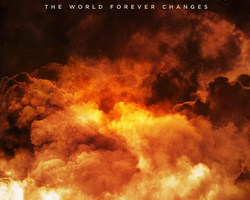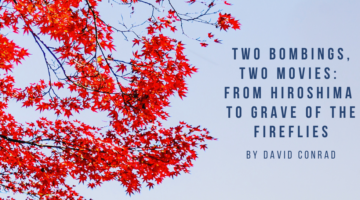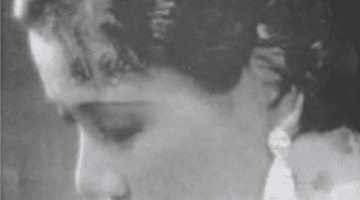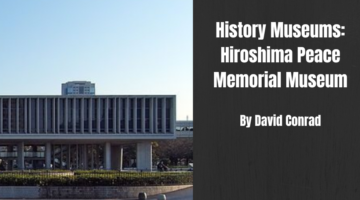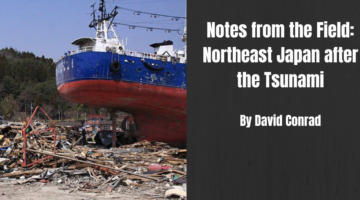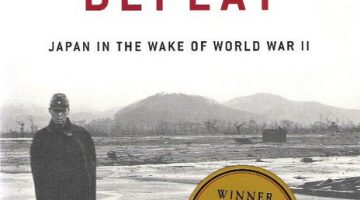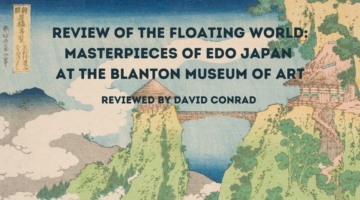
The Floating World: Masterpieces of Edo Japan from the Worcester Art Museum, Blanton Museum of Art, The University of Texas at Austin, Over one hundred ink-and-paper survivors from “the floating world” of Edo-period Japan are on display at the Blanton Museum in Austin, Texas. This diverse collection of woodblock prints, many of them strikingly colorful […]
